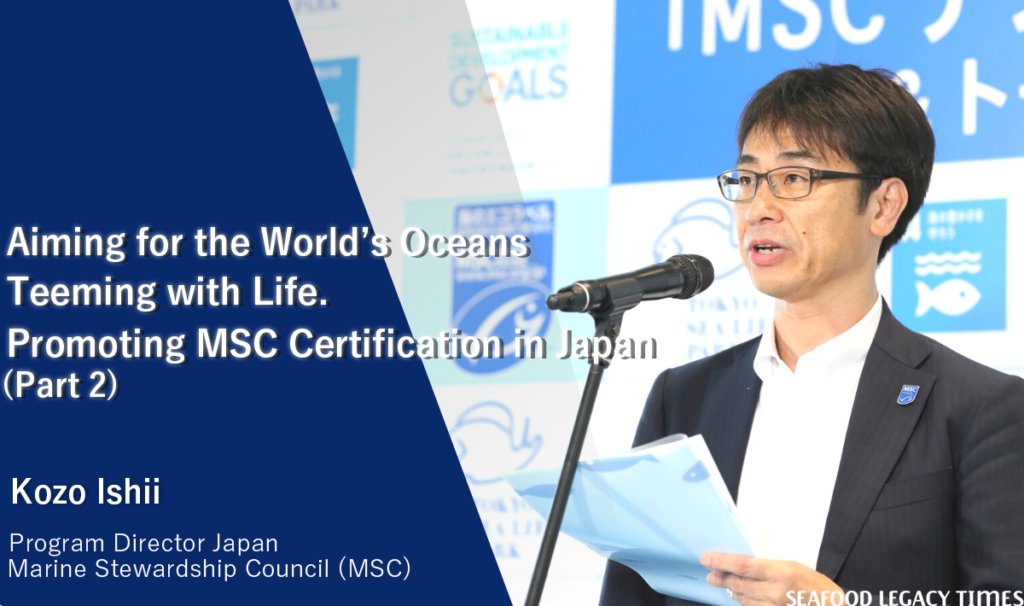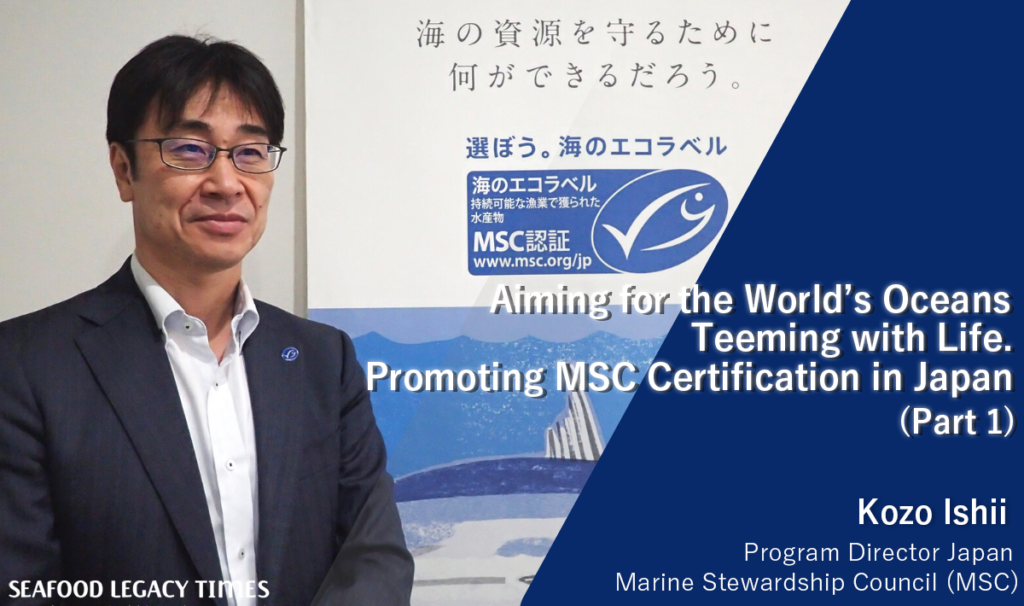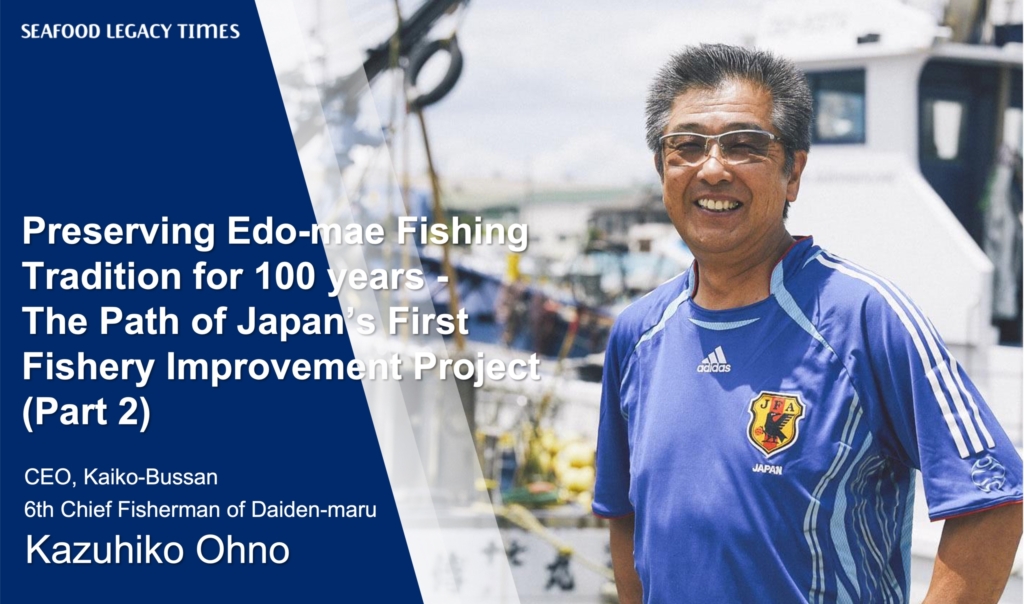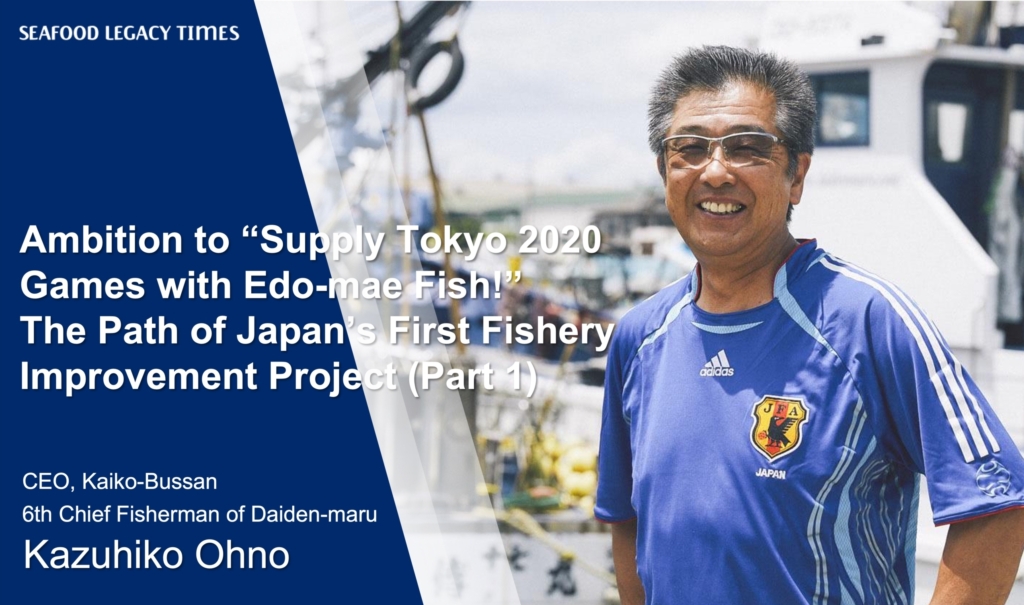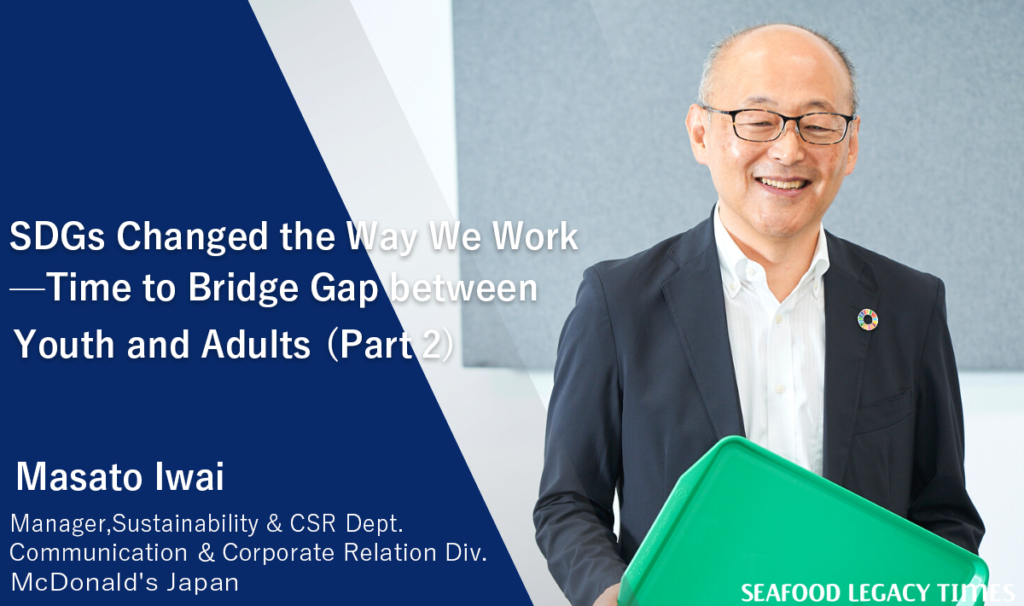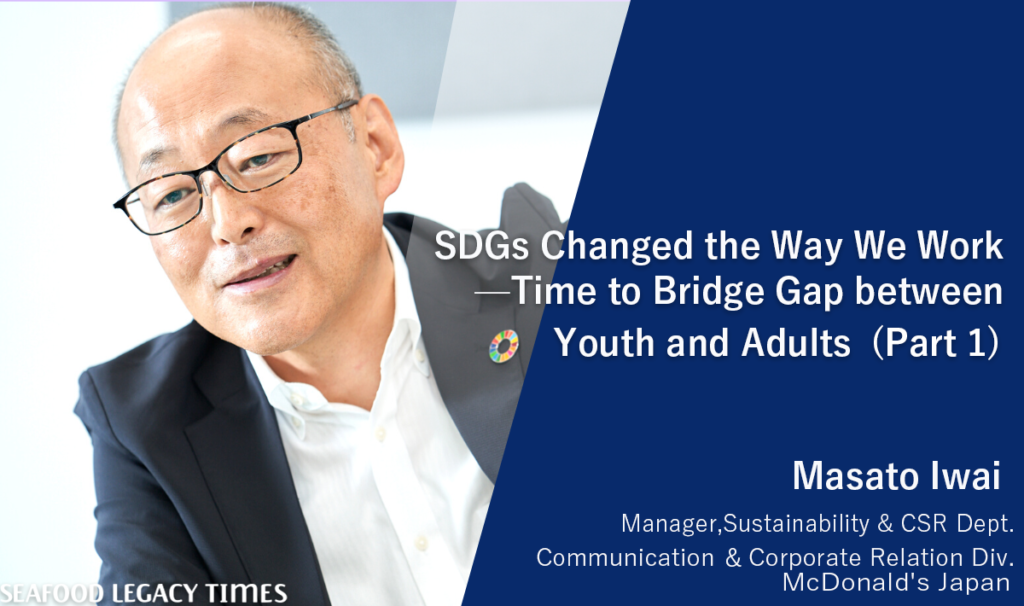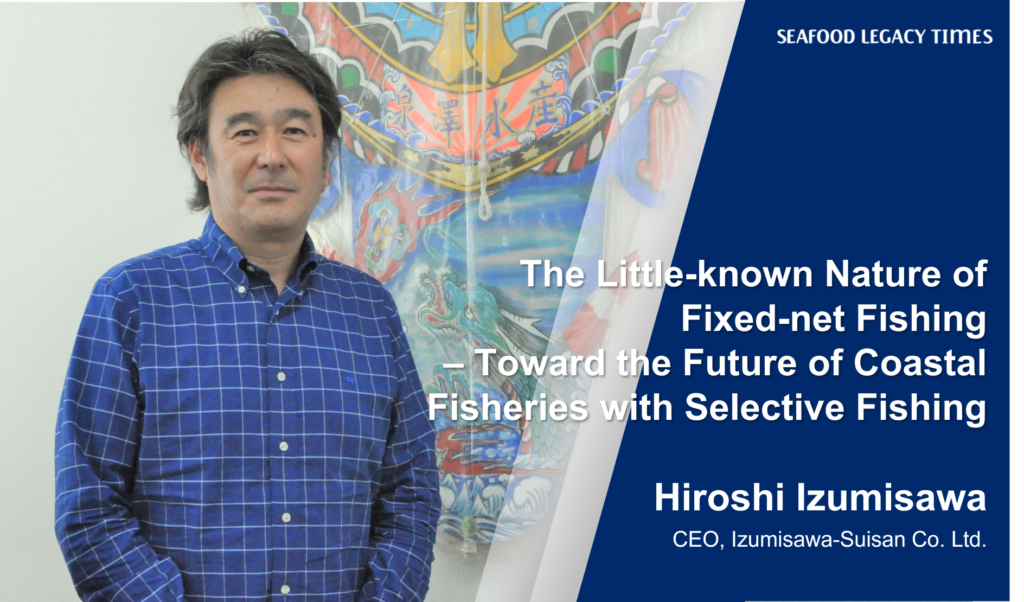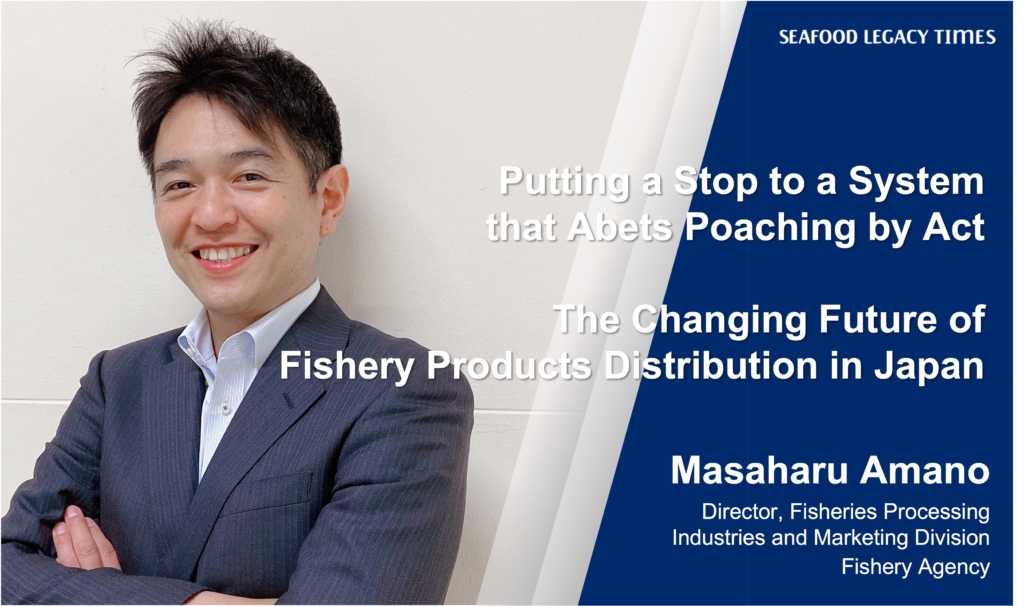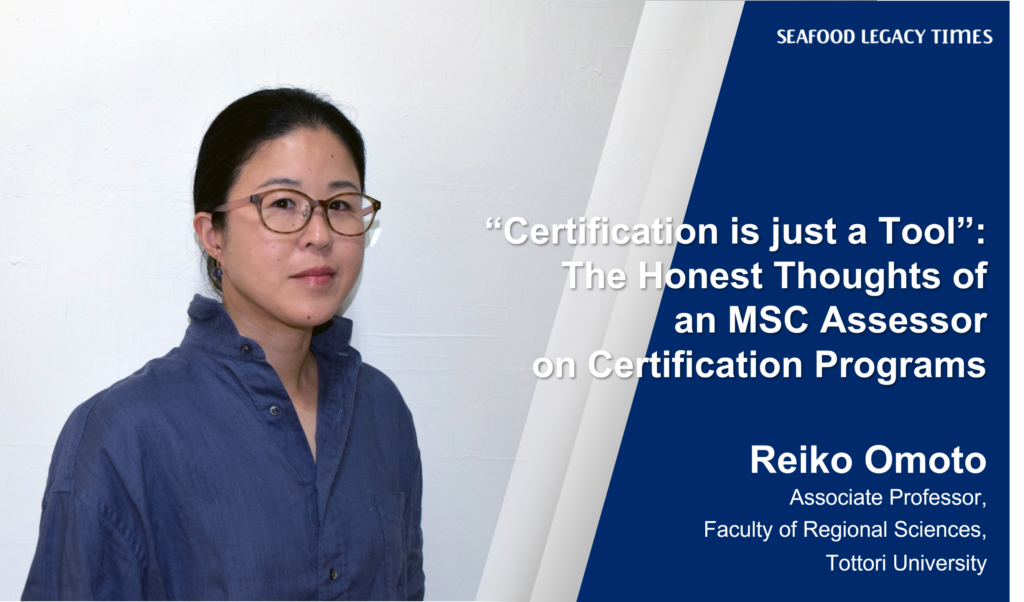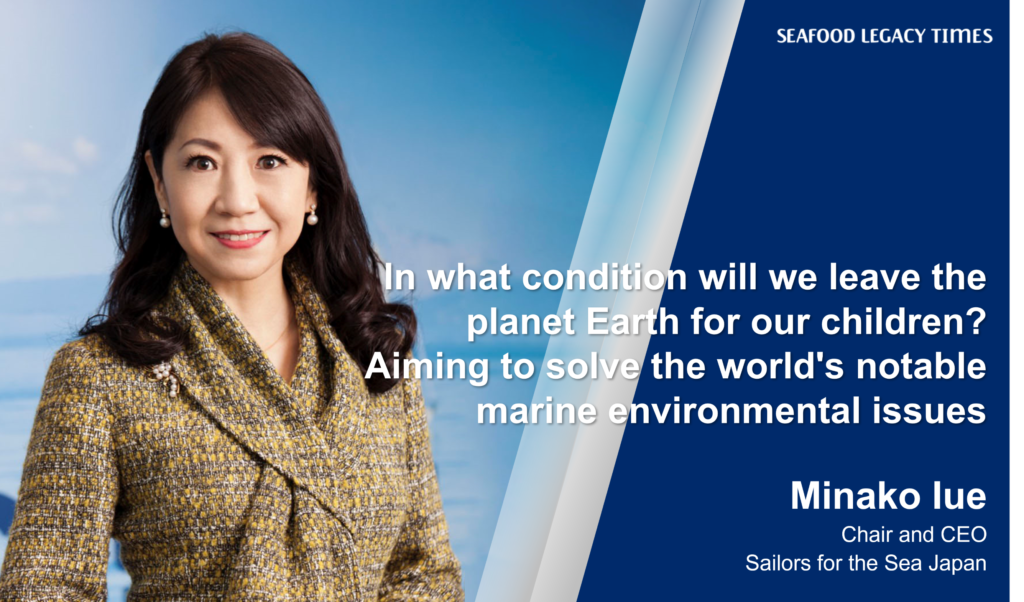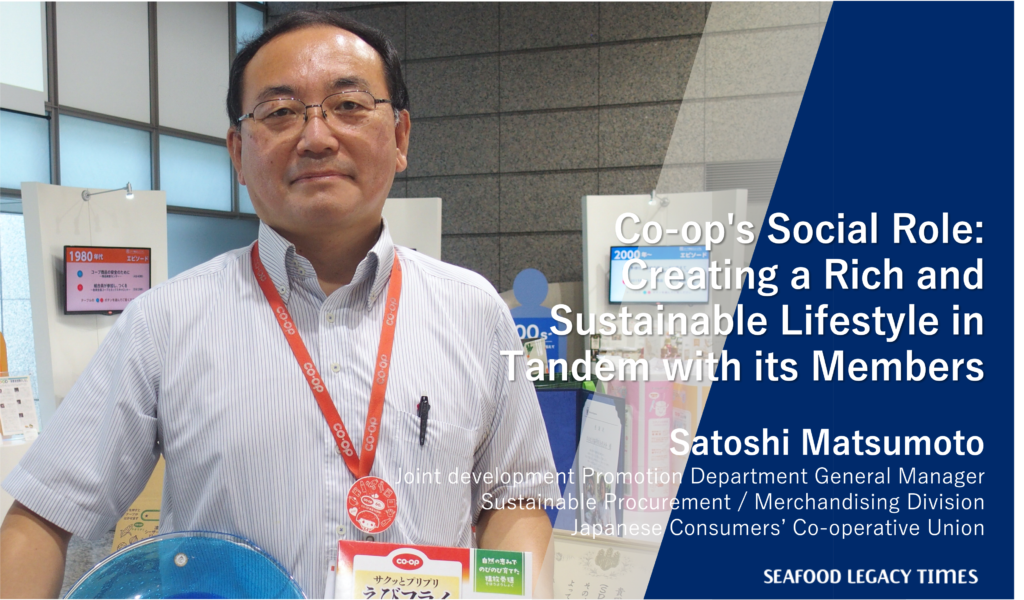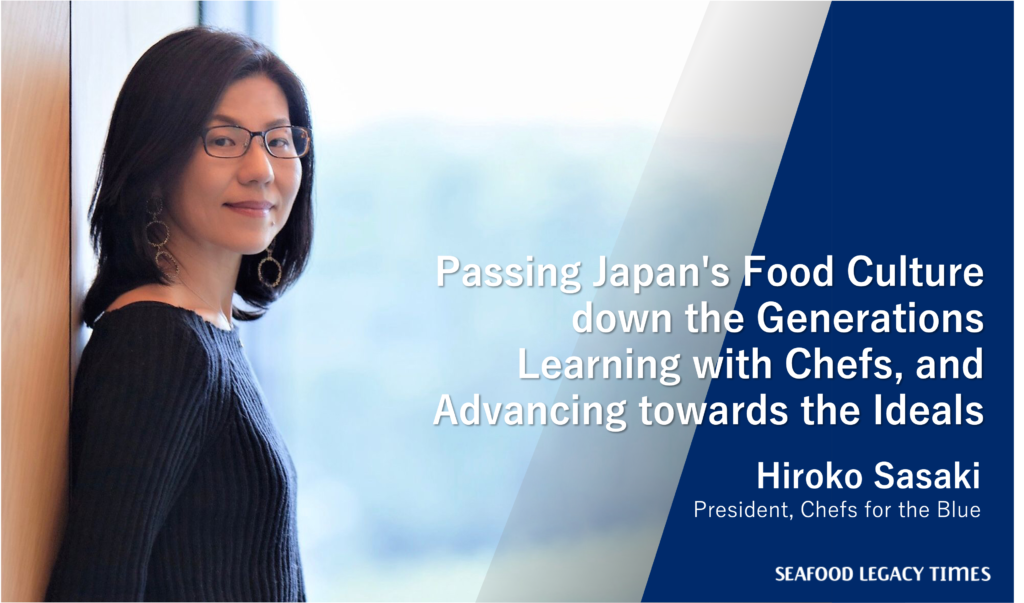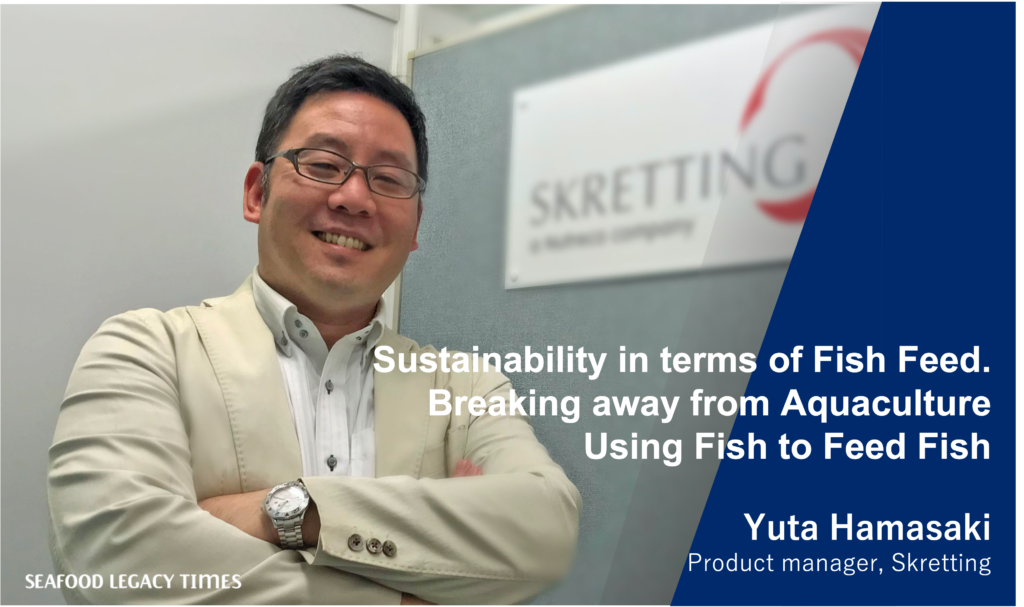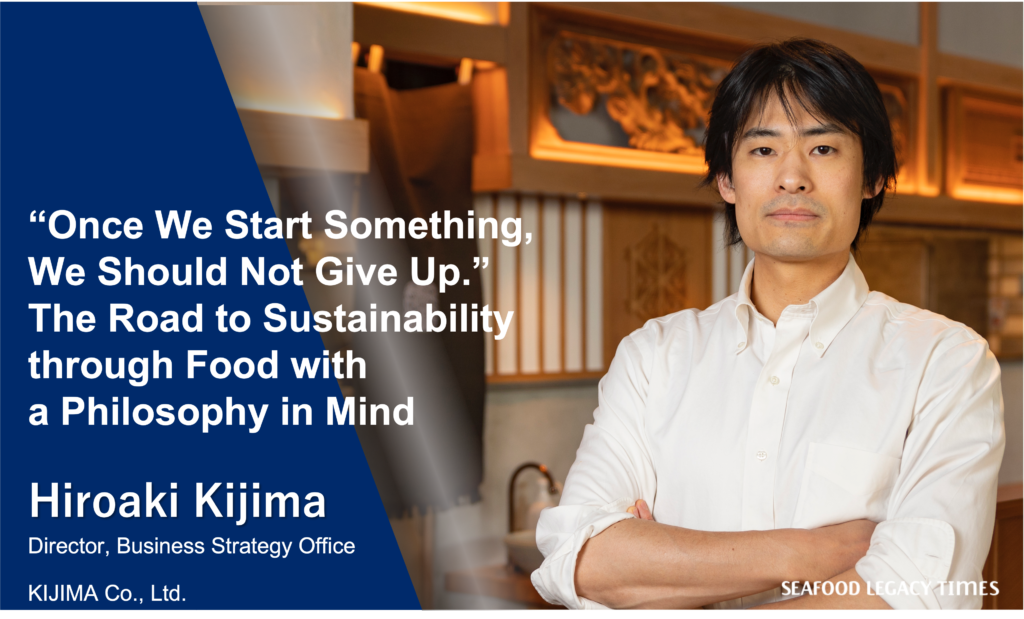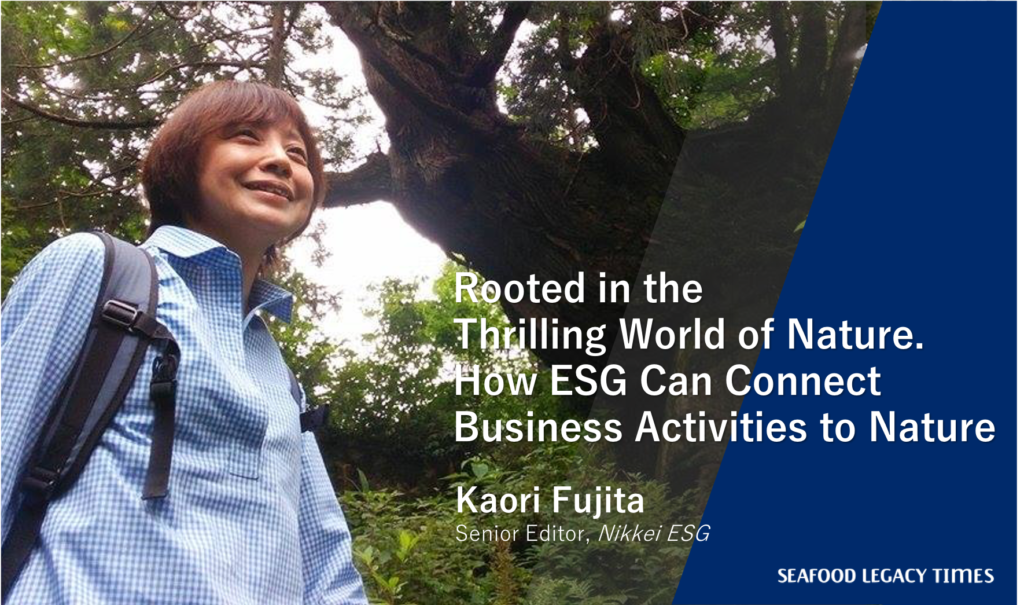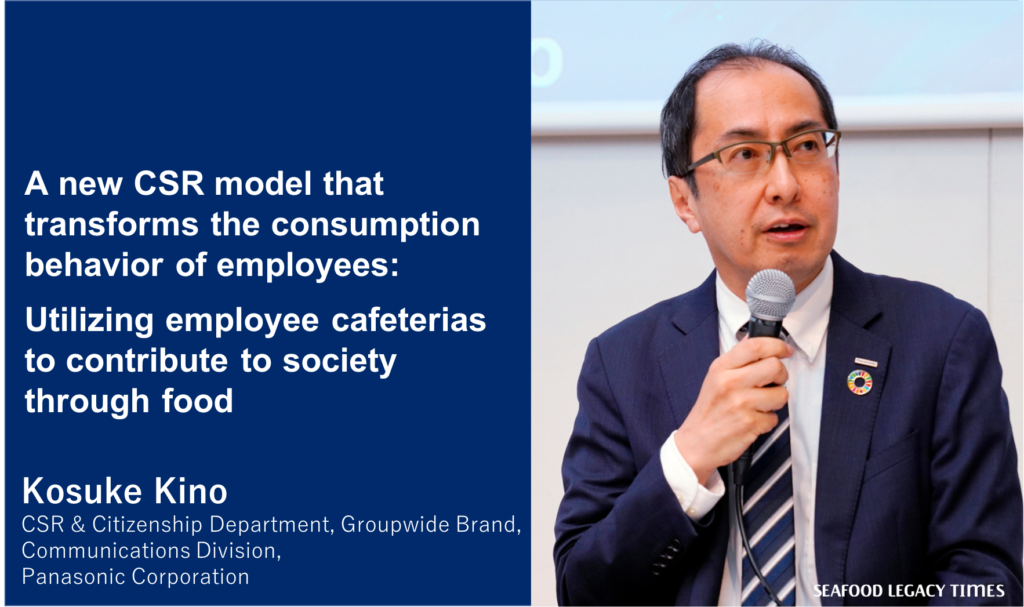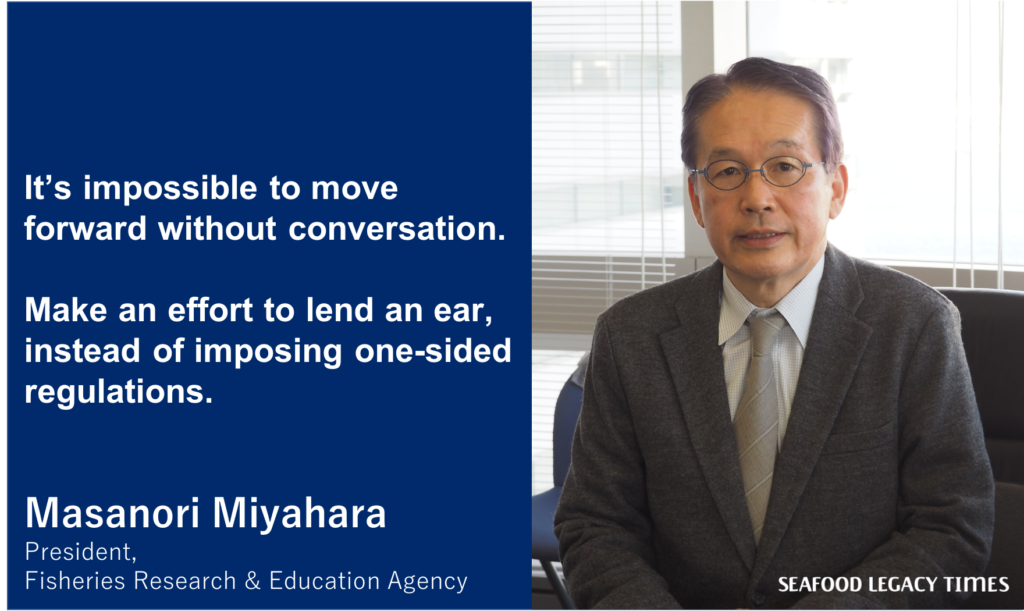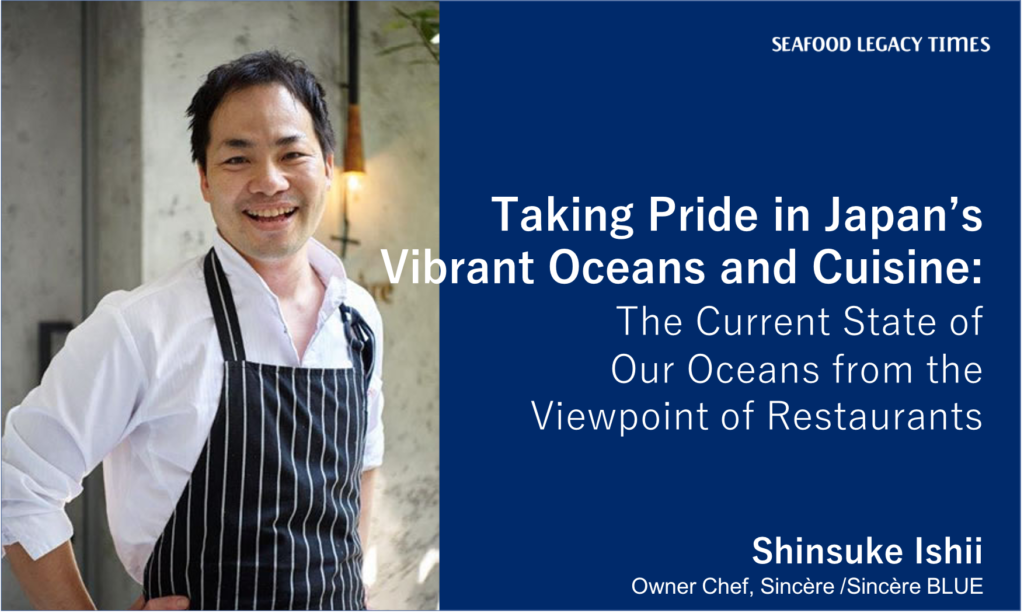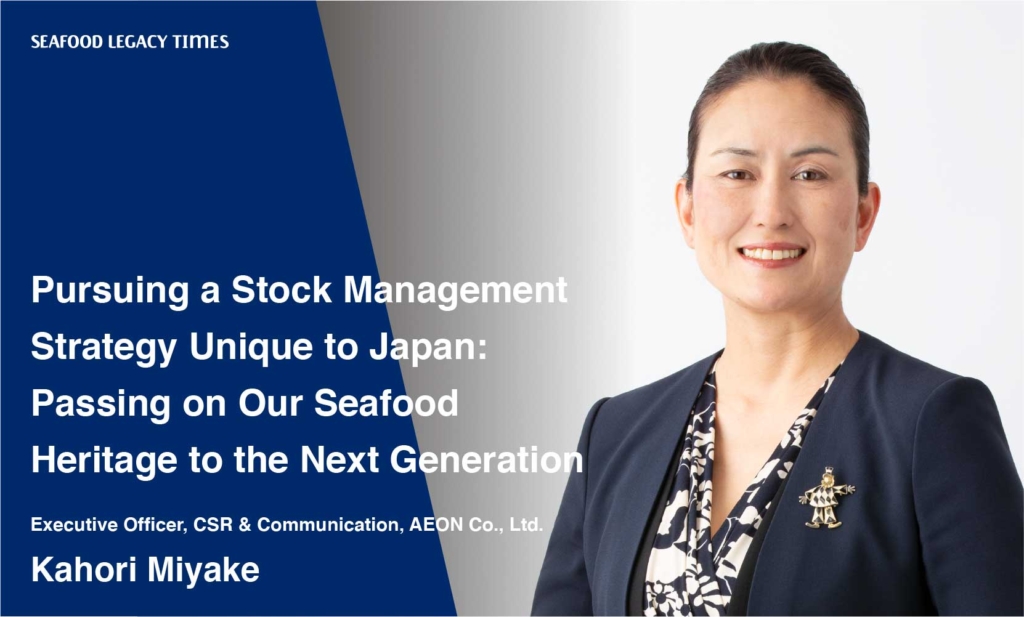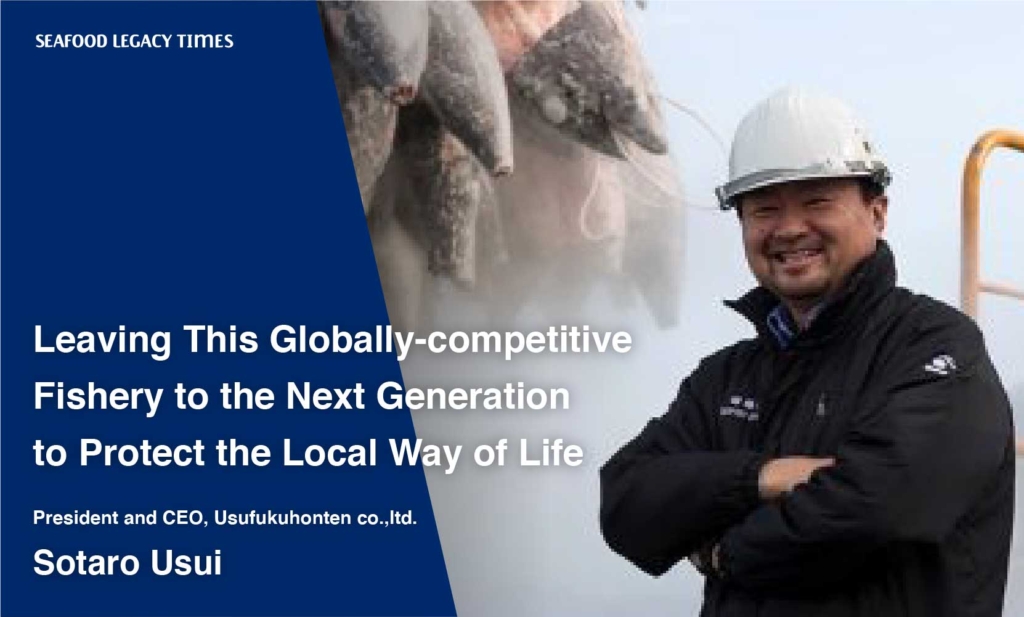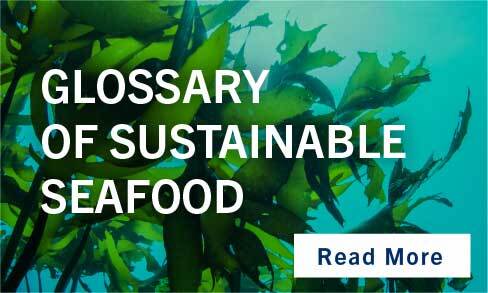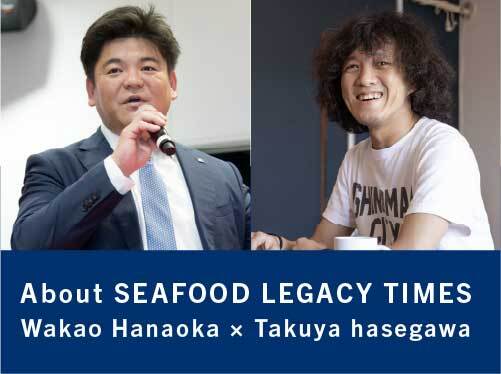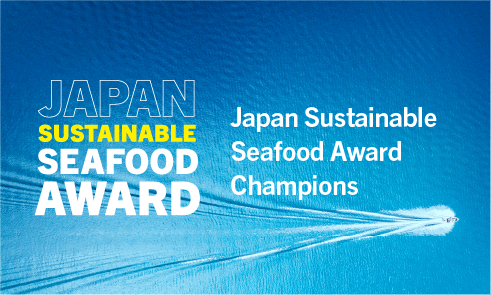

The Task Force on Nature-related Financial Disclosures (TNFD) is an international initiative that establishes a framework for private companies and financial institutions to appropriately assess and disclose risks and opportunities related to natural capital and biodiversity. They see the fisheries industry as important and recommend that related organizations disclose information.
As a member of the TNFD, Hirotaka Hideshima of Norinchukin Bank contributed to the release of the initiative’s official recommendations. In part two of the 2024 New Year’s Dialogue Project, Mr. Hideshima and Wakao Hanaoka, President and CEO of Seafood Legacy, will discuss the challenges facing Japan’s fisheries from the perspective of a TNFD member and his outlook on each of them.
Hanaoka: Mr. Hideshima, what do you think are the characteristics and challenges of Japan’s fisheries industry?
Hideshima: Japan has a long coastline relative to its land area, and it can be said to be one of the world’s leading marine resource countries, so it of course has its strengths, and Japanese people are very familiar with fisheries.
Hanaoka: As you said, Japan plays an important role in seafood production, and it’s even the third largest importer in the world. The entire fisheries industry is very close to home in this country.
Hideshima: That’s why I think it’s easy for Japan’s fisheries industry to work toward what the TNFD is aiming for. Lately, we’ve been seeing yearly news reports of poor catches of various species of fish. Consumers are sensitive to this, so it should be simple to get them to relate to calls for sustainable fishing. The path to a solution will be difficult, but the number and diversity of people involved in fisheries is well greater than that of other countries, so a solution might not be too far away.
As for challenges, agriculture has this same issue, but I’d say the aging of workers is one. I’ve heard that in places like Norway, fishermen earn a very high income, and the facilities, such as vessels, are good, so it’s something of a dream job. I hope that Japan can make that happen here.
Also, I feel that Japan isn’t good at selling good products at a high price. Not selling good products at a low price, selling them at a high price. In particular, I think we should learn from other countries regarding how to differentiate products for domestic and overseas markets. We should consider how to make a profit by selling good products at high prices in overseas markets.
Hanaoka: I often hear in overseas markets that Japan has a good reputation for high processing technology and high-quality fish. However, I feel that Japanese fish are often not actually purchased because we can’t guarantee sustainability or because the distribution channels from the production site to the consumers are not 100% clear. We’re losing opportunities here, aren’t we?
 Mr. Hideshima and Mr. Hanaoka talking about global trends and the future of fisheries and finance in Japan
Mr. Hideshima and Mr. Hanaoka talking about global trends and the future of fisheries and finance in Japan
Hideshima: That’s right. We may have to change our stance to one of, “these are the highest-quality products in the world, so you’re going to have to pay for them” and charge a more ambitious price that adds all the costs of clarifying the distribution route from the production site to the consumers.
Hanaoka: At the Tokyo Sustainable Seafood Summit (TSSS2023), you gave a keynote speech about the TNFD, and I was impressed with your message of, “Don’t avoid doing it because you don’t understand it; start disclosing where you can.” Please tell us again what, in particular, people in Japan’s fisheries industry should understand and work toward in the future.
 Mr. Hideshima gave a basic lecture at TSSS2023
Mr. Hideshima gave a basic lecture at TSSS2023
Hideshima: There is a growing worldwide demand for traceability, and major companies may become required to disclose information based on the TNFD in some cases. If that happens, we’ll need data to provide a basis for that, and it’s expected that fisheries-related companies will be asked to submit such data. If this is applicable to your company, you’ll of course need to be prepared, and if small and medium-sized companies upstream and downstream on the value chain do business with a company subject to disclosure, even if indirectly, they may also be asked for data.
So, even small and medium-sized fisheries-related companies can gain a competitive advantage if they prepare to disclose information needed by large companies at any time. For example, if you have obtained certification before, look for discrepancies between the information you assembled for that certification and the TNFD, then simply do whatever you need to do. I would like businesses to seize the opportunity of the increasing demand for traceability and gain an advantage by preparing an information provision system.
Hanaoka: It seems that information disclosure is at the core of TNFD, and the Seafood Stewardship Index put out by the World Benchmarking Alliance the other day also pointed out Japan’s lack of transparency concerning sustainability. Not just fisheries, are Japanese companies in general not good at disclosing negative information?
Hideshima: No, it’s just that other countries are good at disclosing positive information. This isn’t only about Japan; I don’t think any countries are good at disclosing negative information. I’d like to see a sort of “disclosure competition” in which poor disclosure is a source of guilt, and if you have nothing to hide, then you should disclose more and more information. I hope the TNFD can help make that happen.
The TNFD is modeled after the Task Force on Climate-related Financial Disclosures (TCFD), and as a matter of fact, Japan has more companies that disclose information based on the TCFD than any other country in the world, so I think Japan could be a world leader in information disclosure based on the TNFD, as well.
The reason why many companies in Japan disclose information based on the TCFD is that there is a system in place that requires such disclosure when listing on the Prime Market or receiving funds through the Bank of Japan’s climate change response operations. Having a similar system for TNFD would be wonderful.
Hanaoka: Seafood Legacy celebrates its tenth anniversary this year. Ten years ago, the word “sustainability” was brand new to the fisheries industry, and barely any companies took the stage at TSSS. At the time, there was only one company, Aeon. Other than that, we invited people from overseas to speak about how the world was moving, and that’s how we got our start.
Ten years later, the concept of sustainability has spread through Japan, and new related initiatives have popped up everywhere. In 2024, I would like to visualize what sort of impact our progress has made so far and create a roadmap for 2030, which is the deadline for the SDGs agenda. This is going to be a milestone year for Seafood Legacy.

Hideshima: This is also a milestone year for Norinchukin Bank. We celebrated our 100th anniversary in 2023, and our new century will begin in 2024.
Up until now, Norinchukin Bank has raised funds from primary industry associations and invested in major companies and securities. Our respective organizations may be in completely different worlds, but I believe that the release of the TNFD’s final recommendations in 2023 will help to connect them.
Now, depending on the type of business the investee company engages in, there is a concern that it may undermine the foundation of the primary industry that provided its funding. However, we can dispel those concerns by using the TNFD to confirm that the companies we invest in are not having an adverse impact on the environment. Norinchukin Bank will be able to move forward into our new century with the TNFD in our toolkit. I’d love it if we could also contribute to achieving the SDGs.
Hanaoka: With the full-scale implementation of the TNFD, Seafood Legacy will work harder than ever to promote sustainability for fisheries and carve out a new future together with everyone.
Hirotaka Hideshima
Joined The Bank of Japan in 1989. Joined The Norinchukin Bank in April 2021. Of the 32 years at the Bank of Japan, worked in the area of the Basel Committee on Banking Supurvison(BCBS) for a total of 15 years. Worked at the Secretariat of The BCBS(2002-2005), Co-Chaired the Definition of Capital Working Group, Co-Chaired the Macrprudential Supervision Group(MPG), and has been a member of the Committee.
Wakao Hanaoka
Born in Yamanashi Prefecture in 1977 and raised in Singapore from a young age. After graduating from the Florida Institute of Technology’s Department of Ocean Engineering and Marine Sciences, he worked on marine conservation projects in the Maldives and Malaysia. In 2007, he began working at the international environmental NGO “Greenpeace Japan,” where he served as the head of marine ecosystems and as a campaign manager. In July 2015, he went independent and established Seafood Legacy, becoming its CEO. He connects both domestic and foreign businesses, NGOs, governments, policymakers, academia, the media, and a diverse array of other stakeholders to work toward the design of local solutions suited to the environment of Japan and based on international standards.
Original Japanese text: Shino Kawasaki









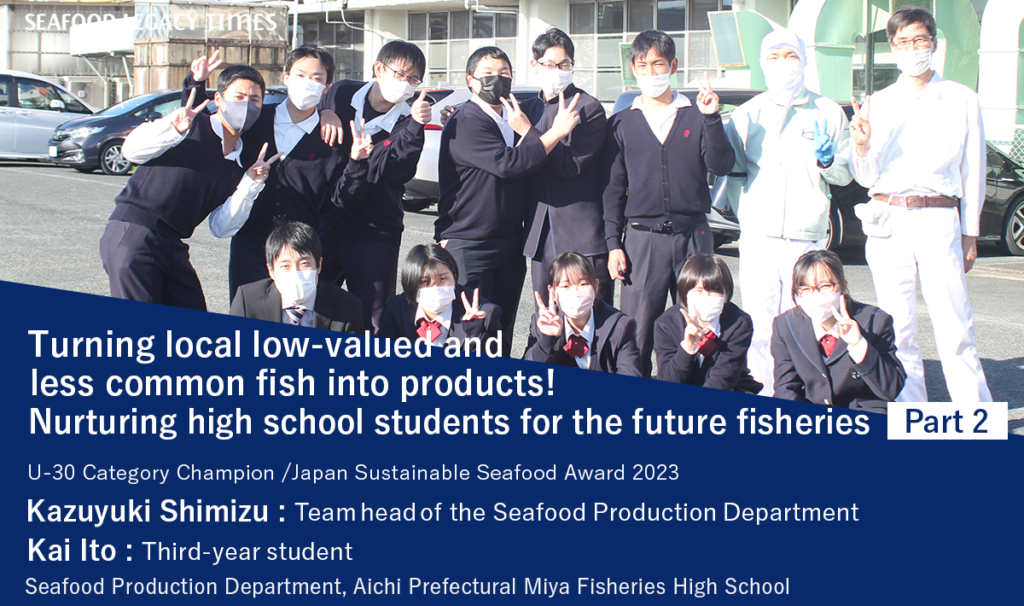
-1024x606.png)


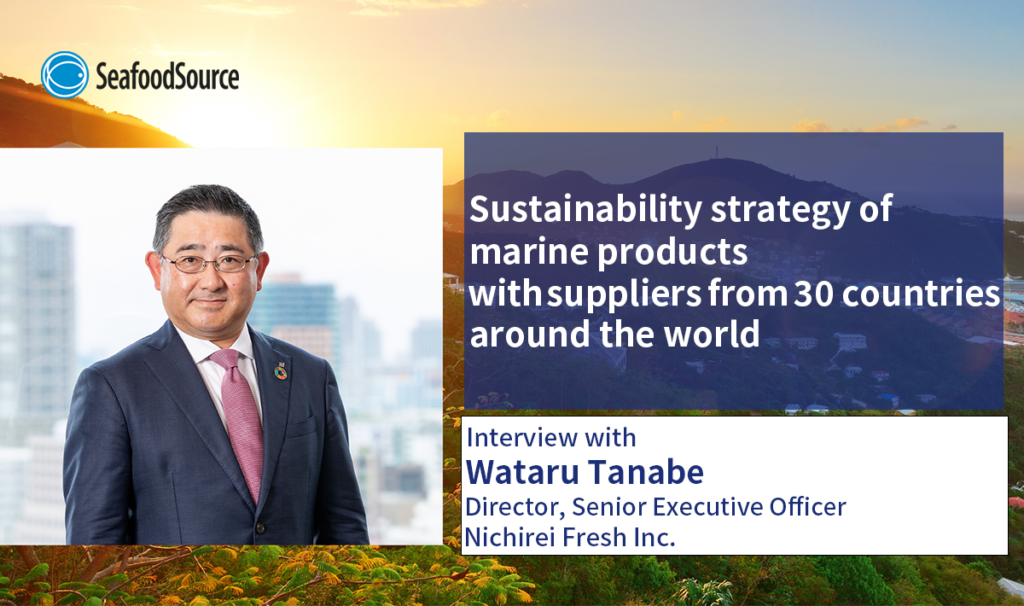
_-1024x606.png)

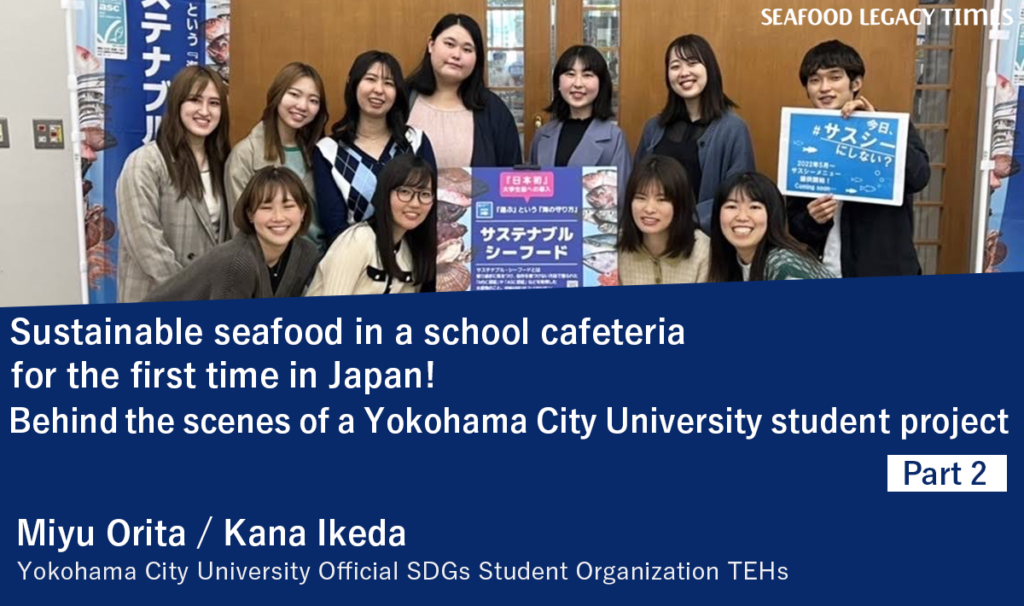
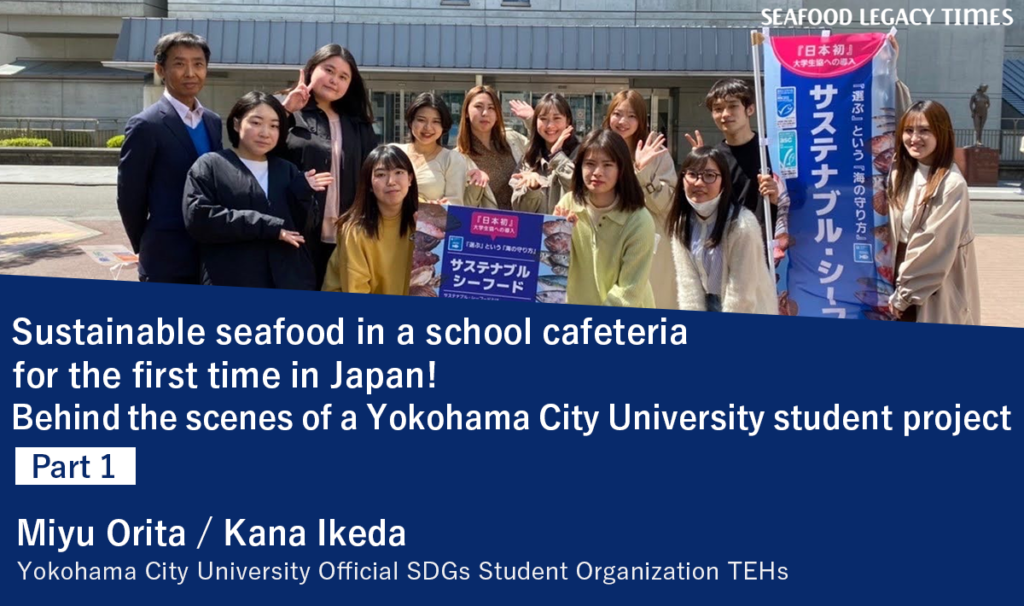



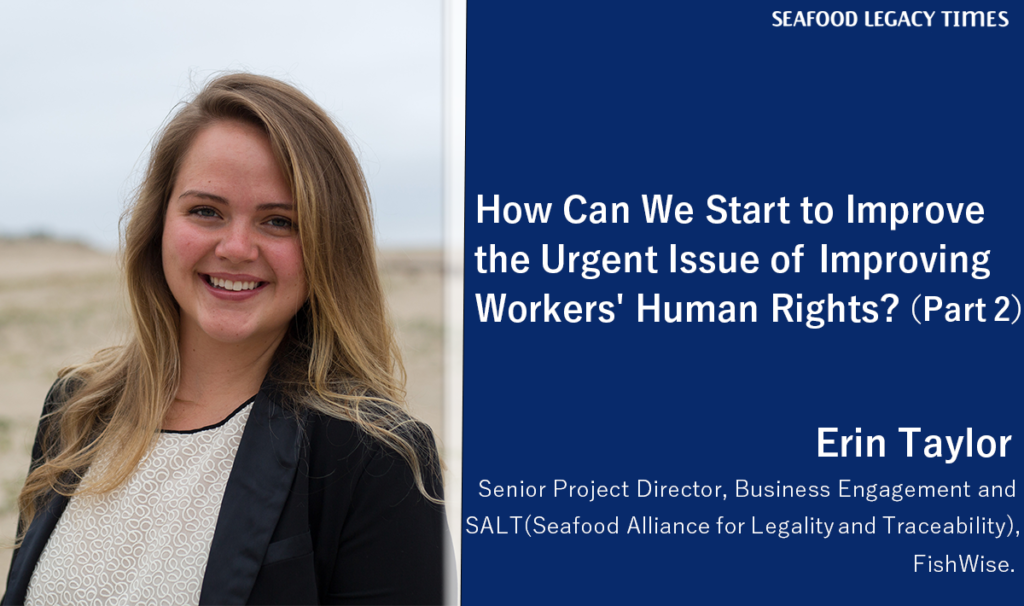
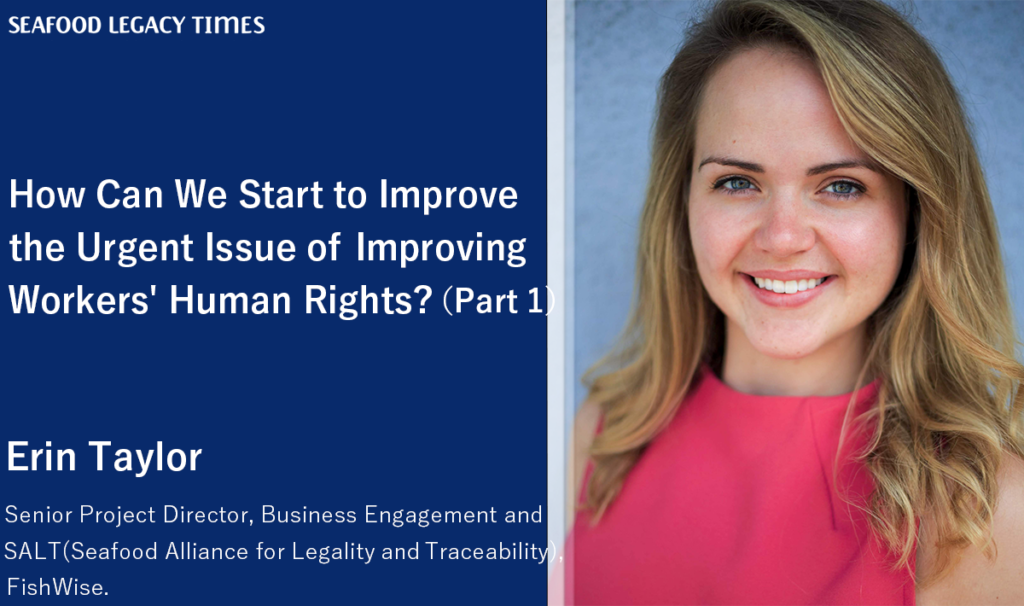
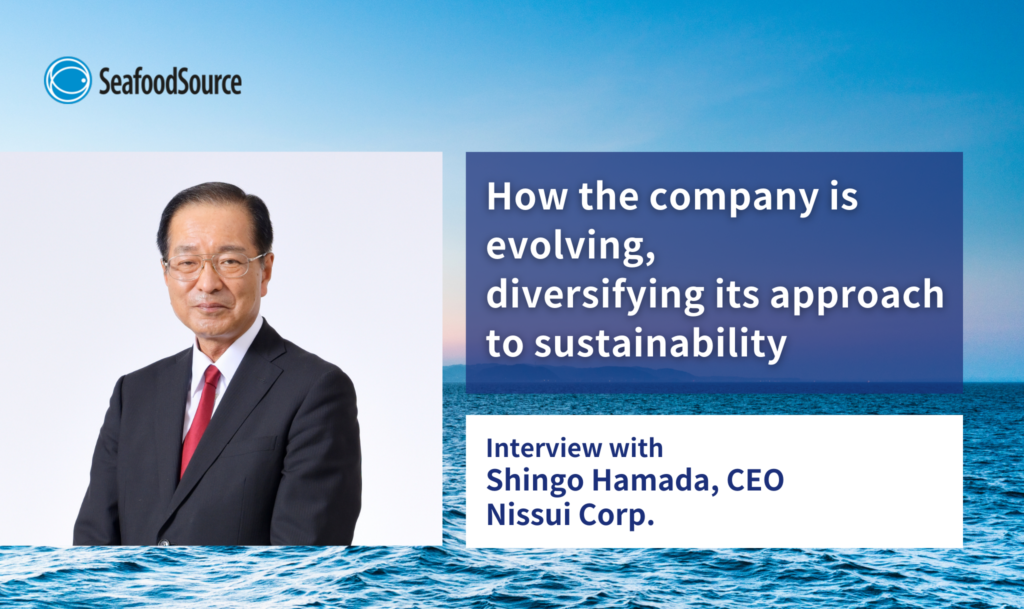




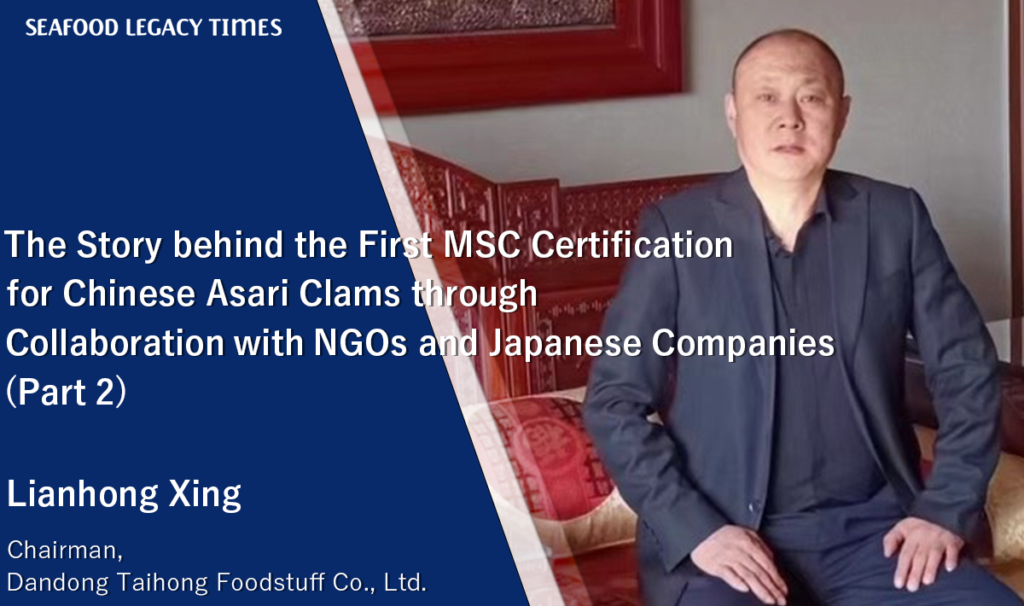
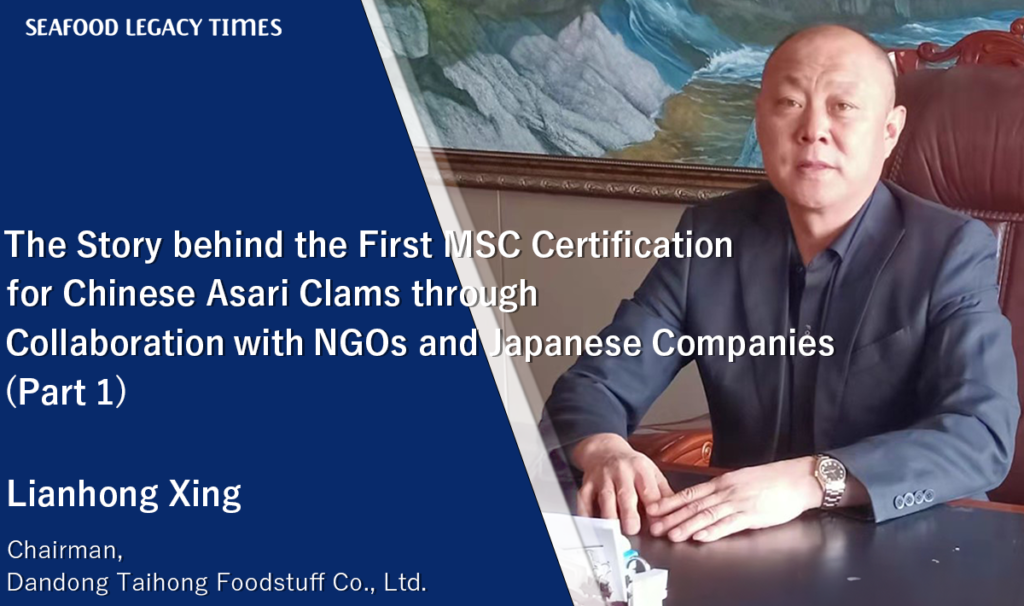

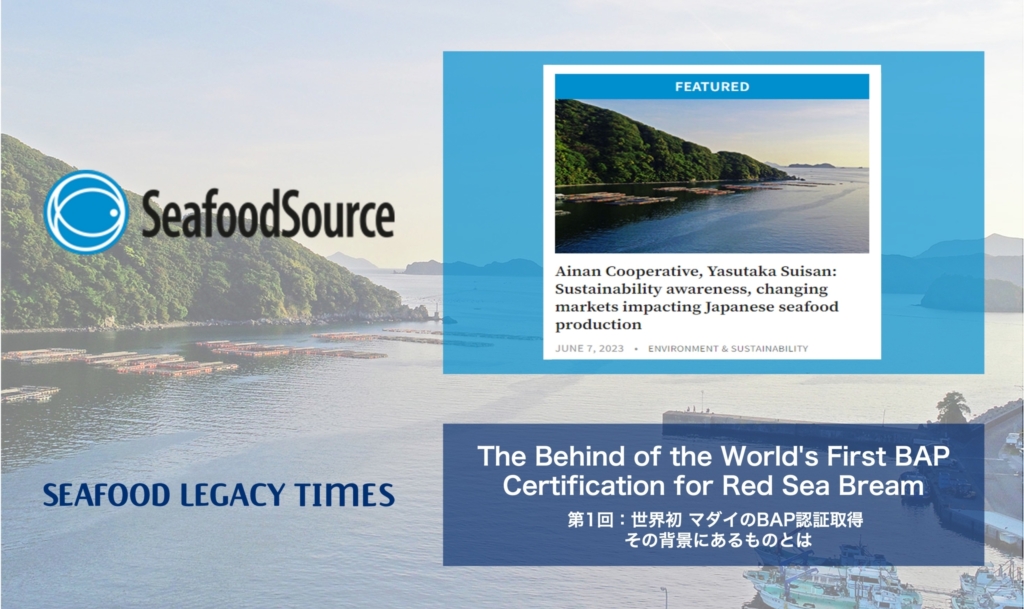

1_修正524-1024x606.png)


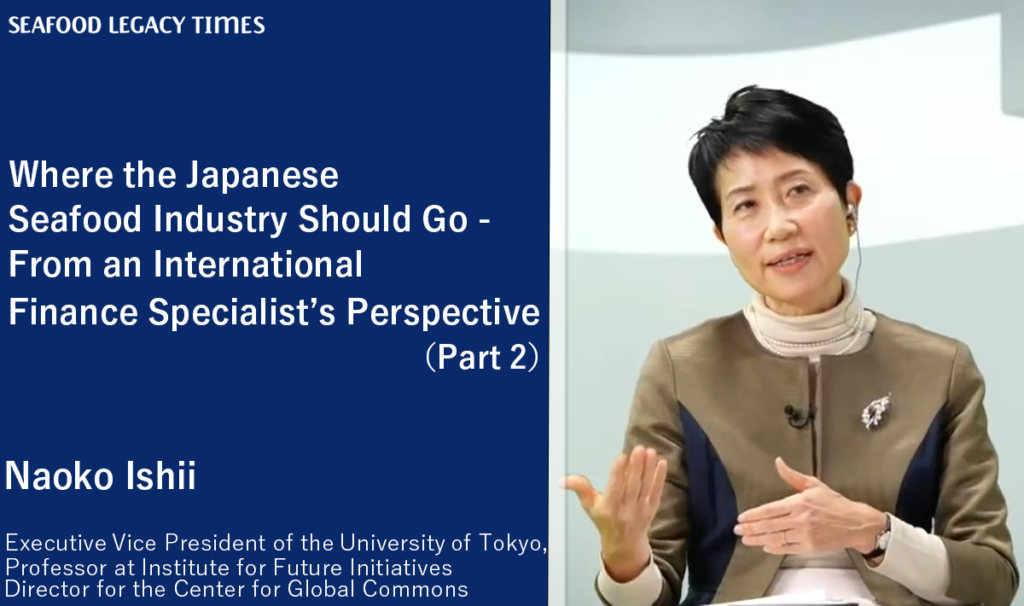







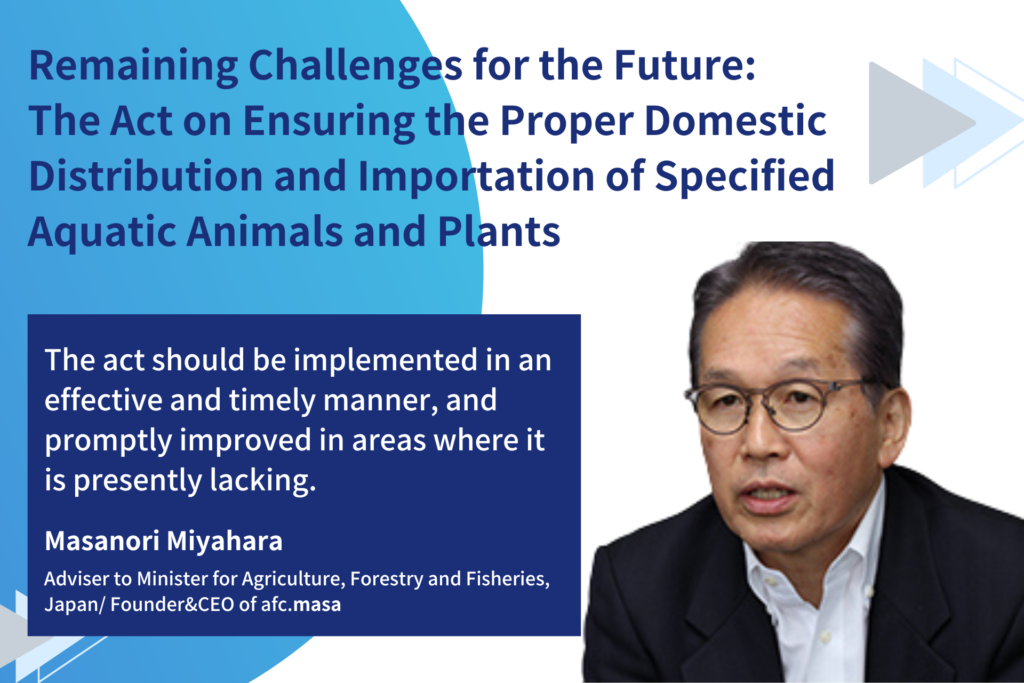
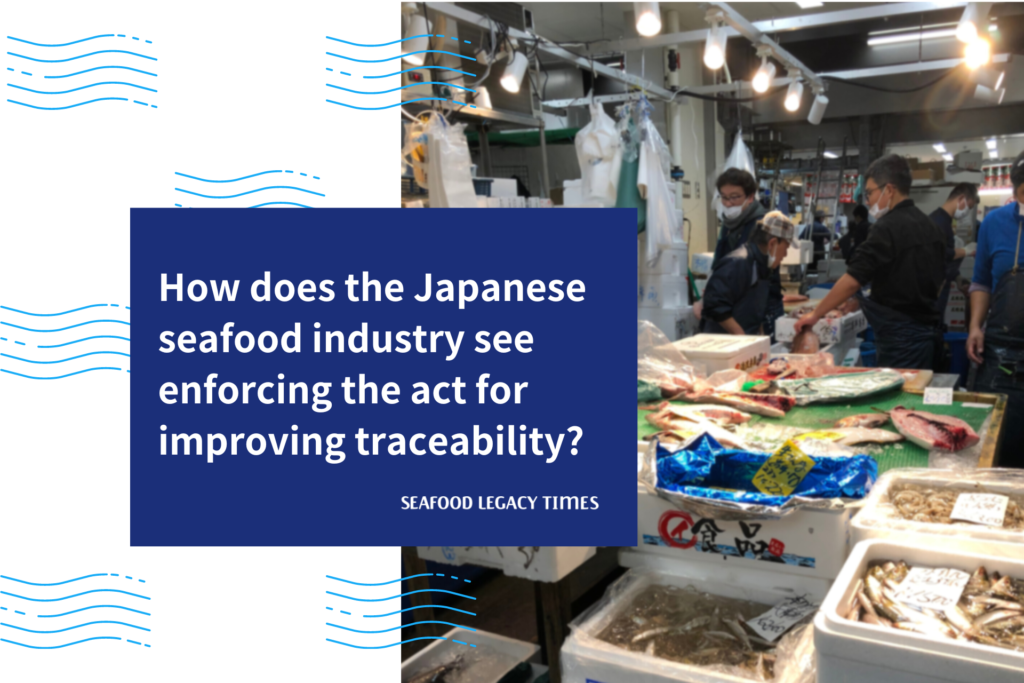



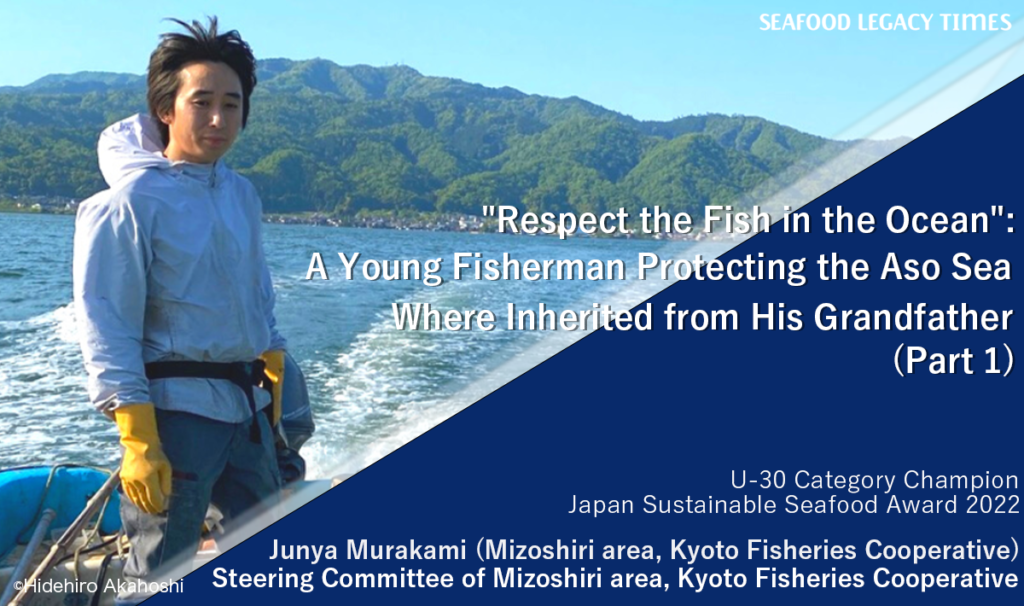
.2-1024x606.png)
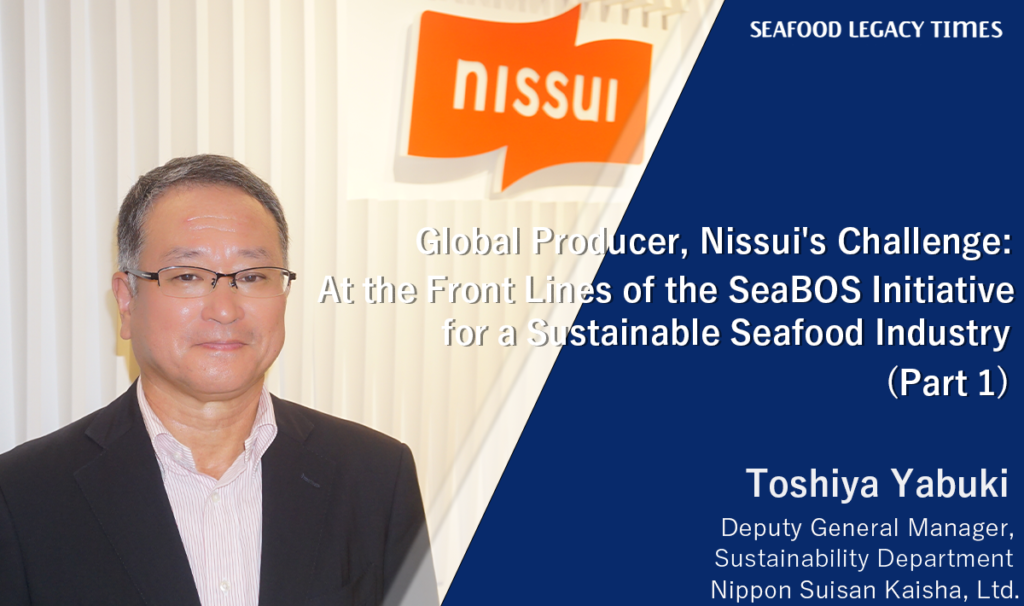
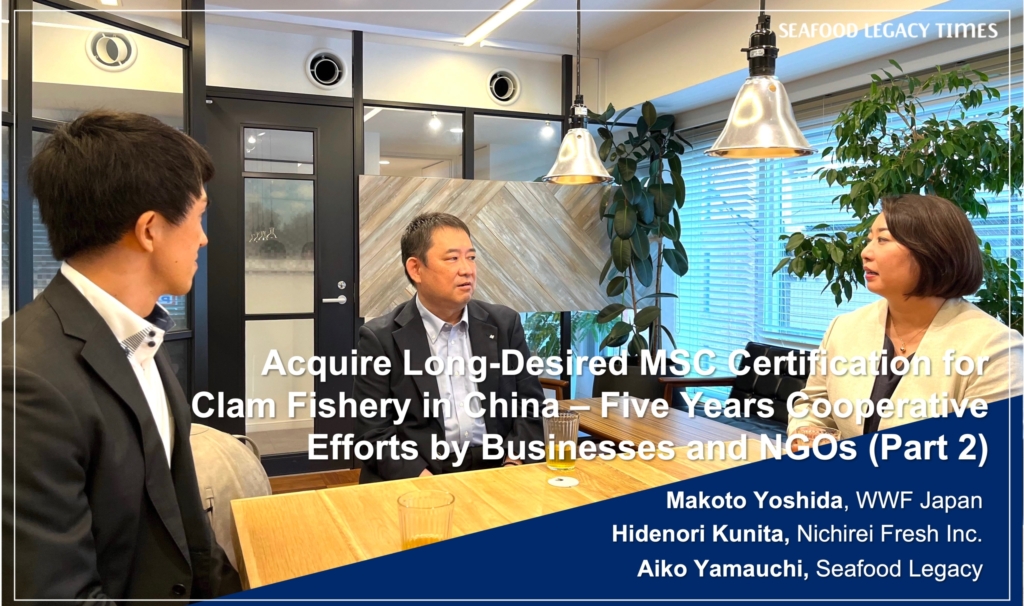
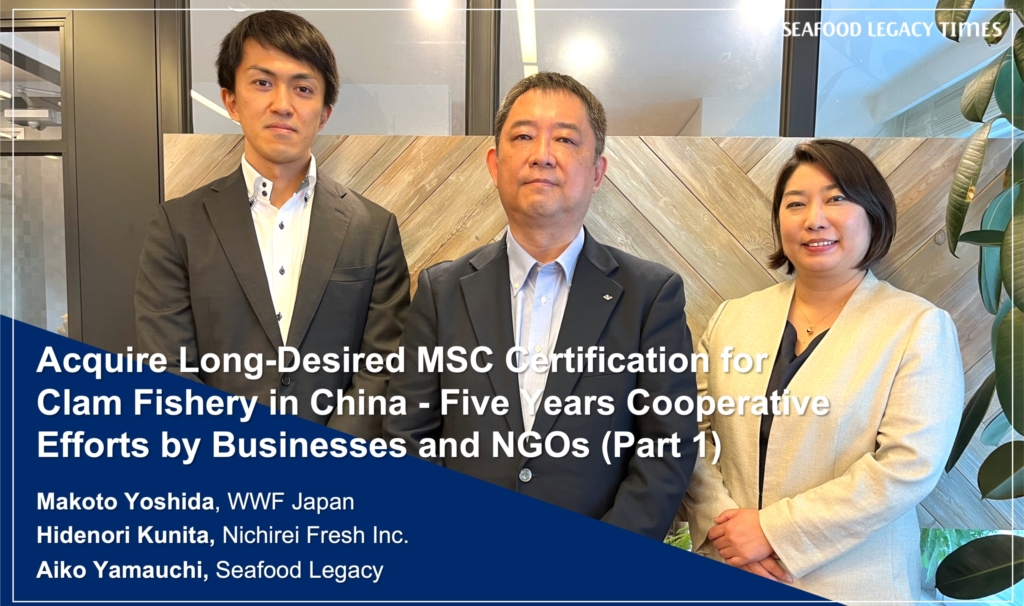






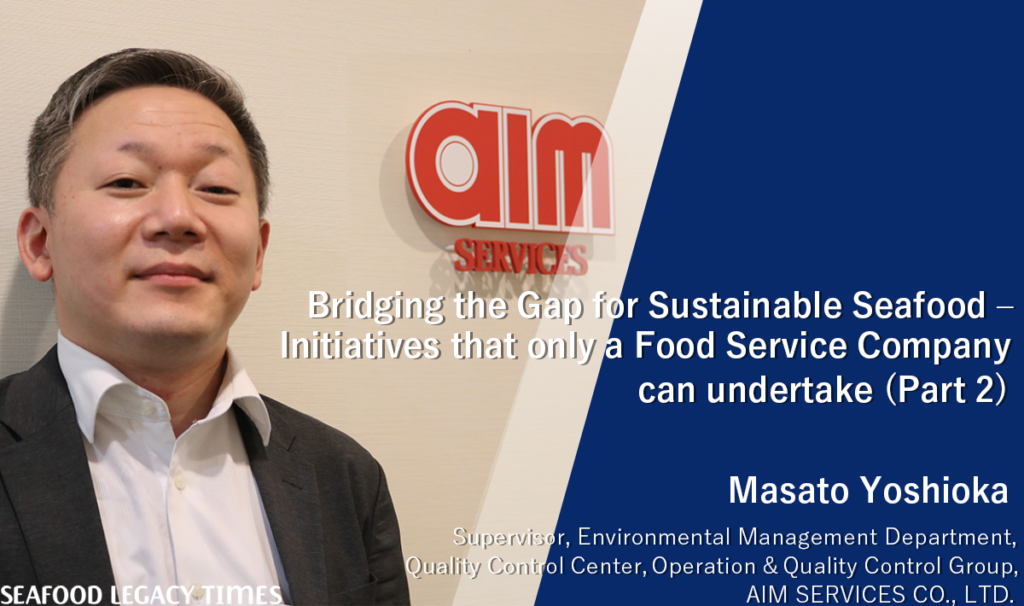
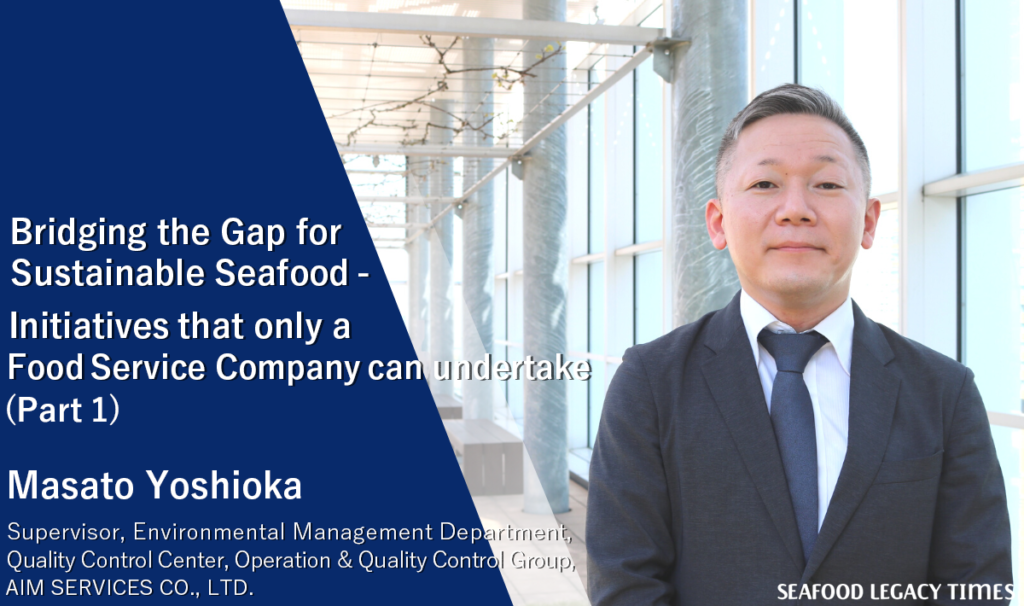
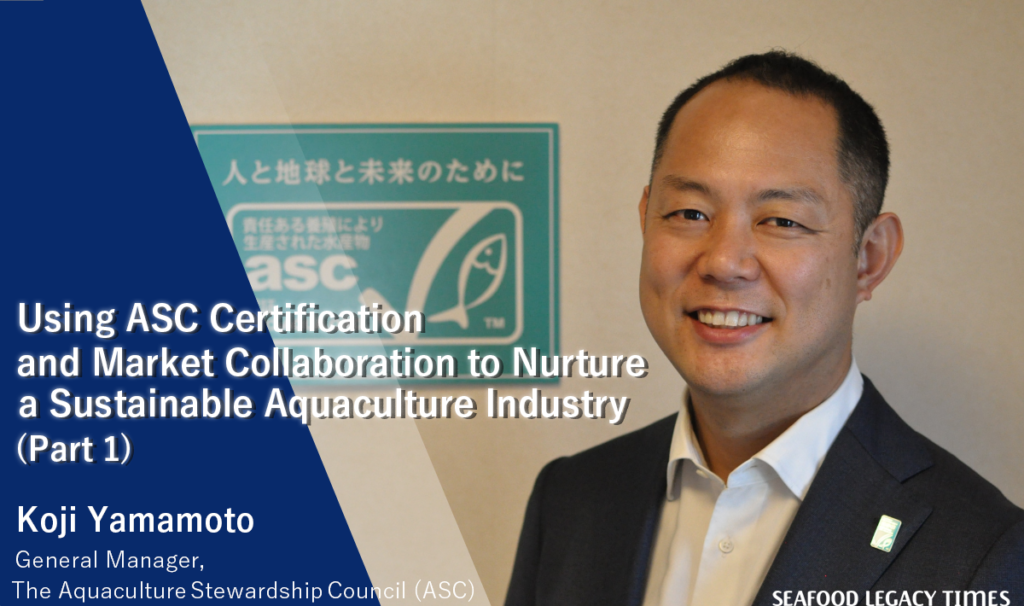
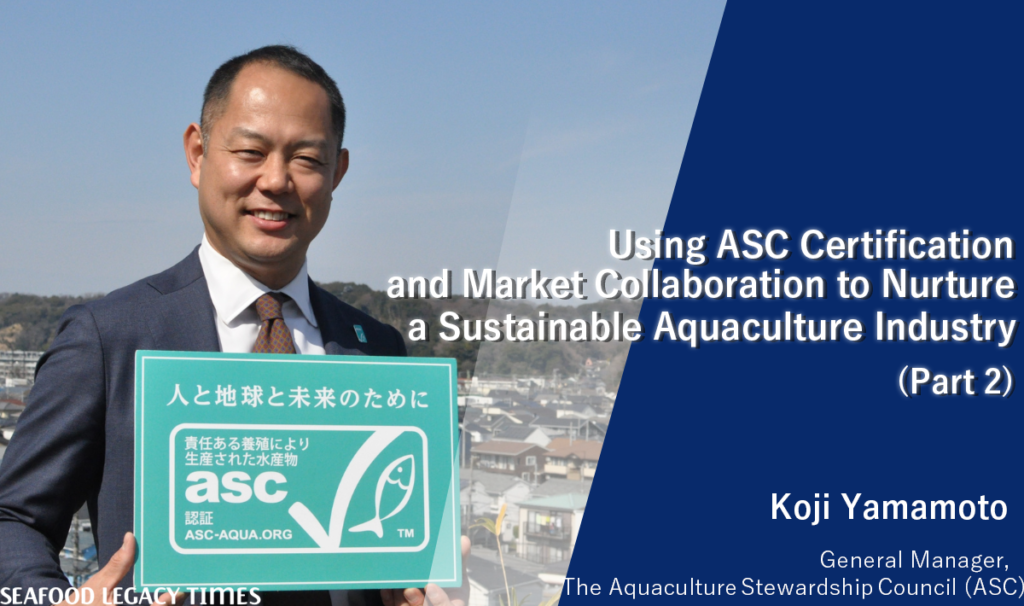
2-1024x606.png)
-1-1024x606.png)
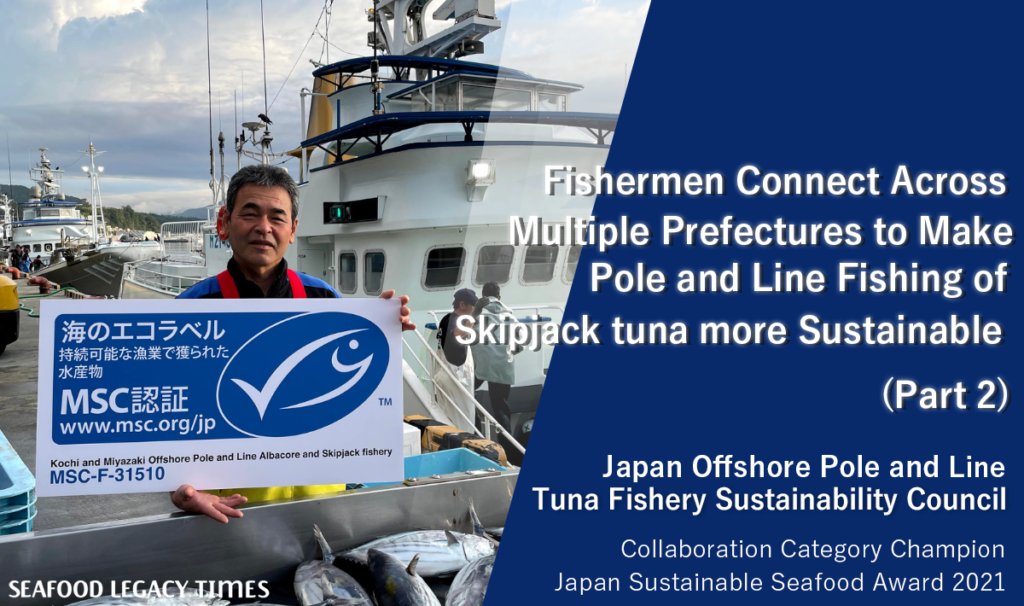
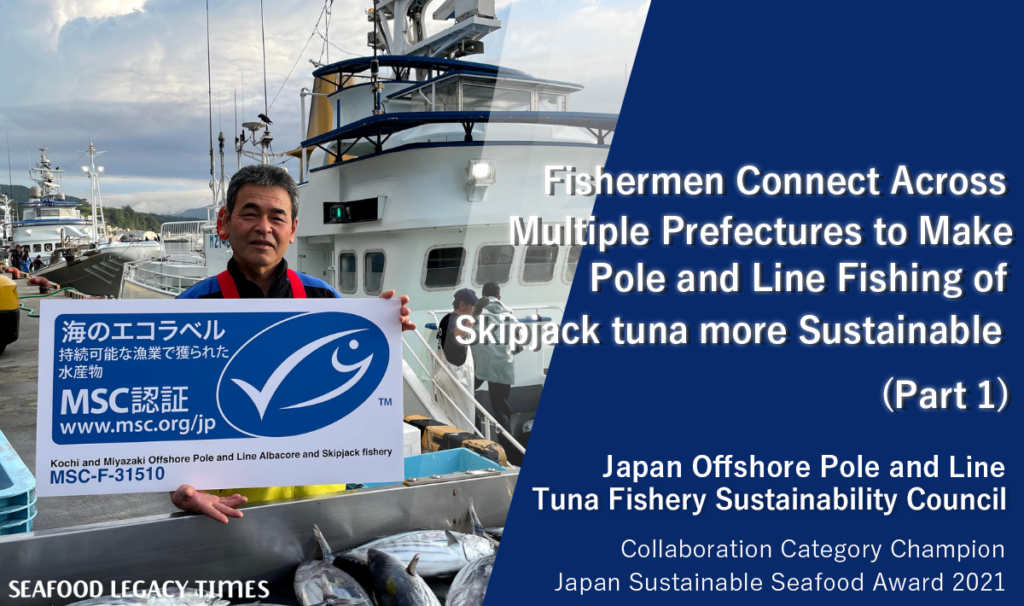
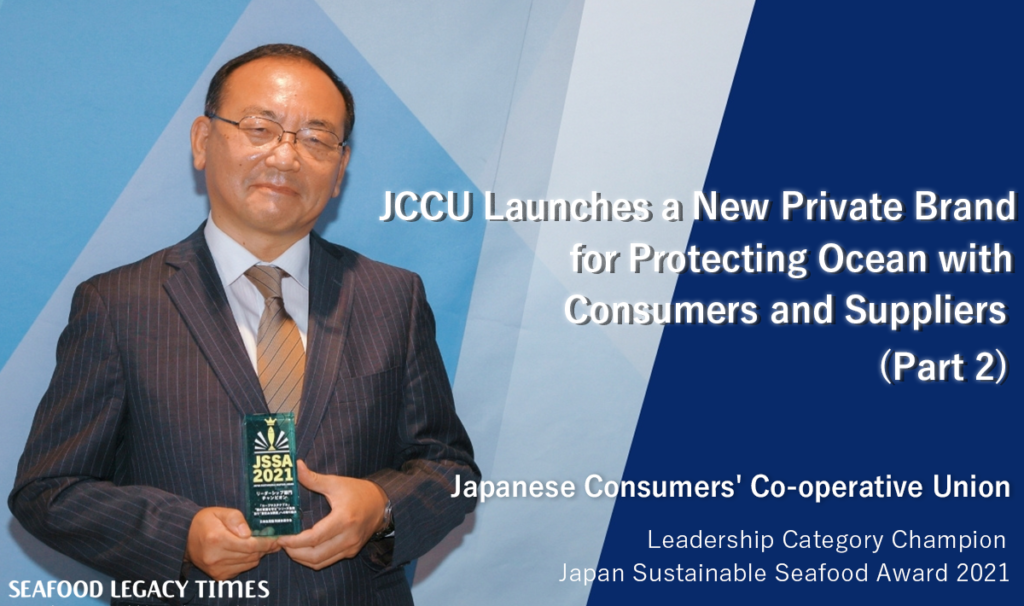
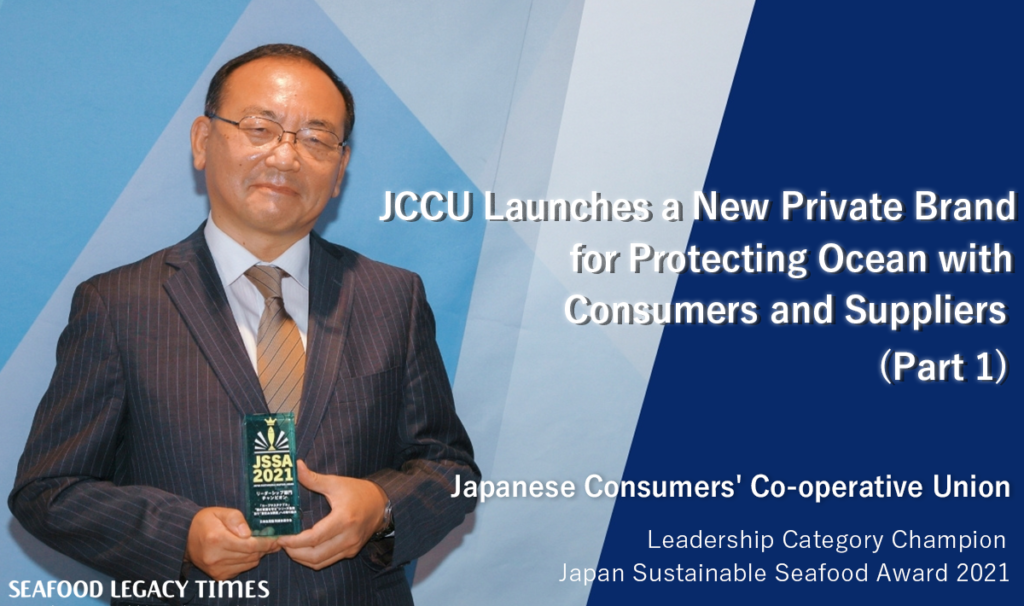
Part2-1024x606.png)
Part1-1024x606.png)
